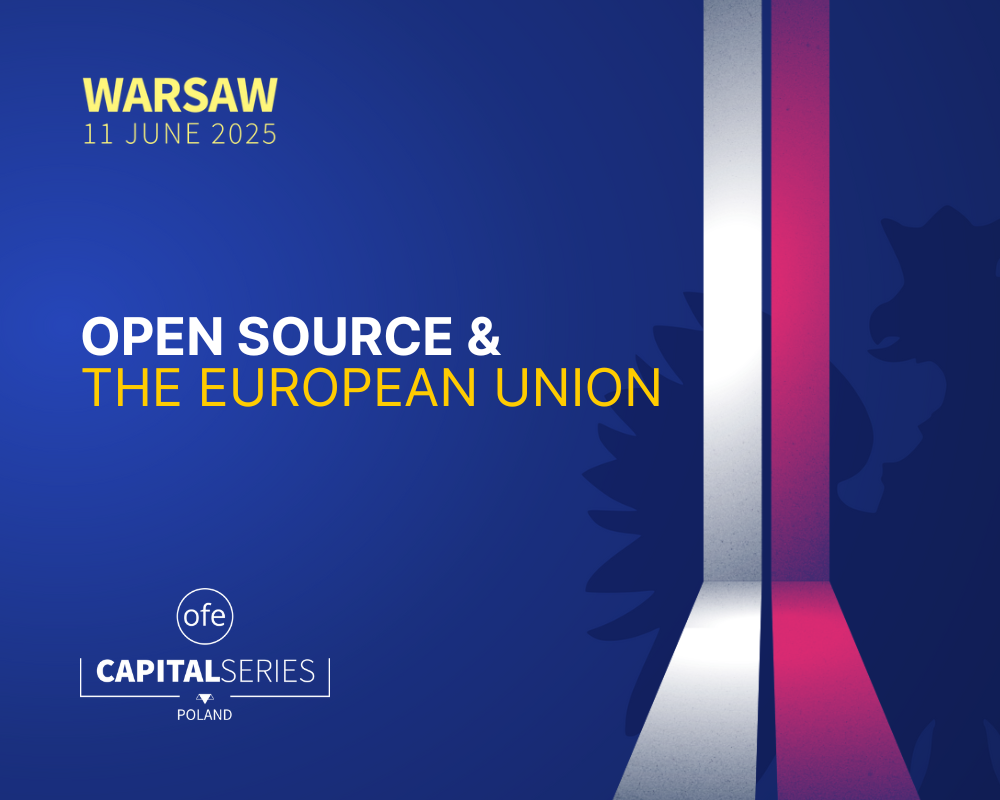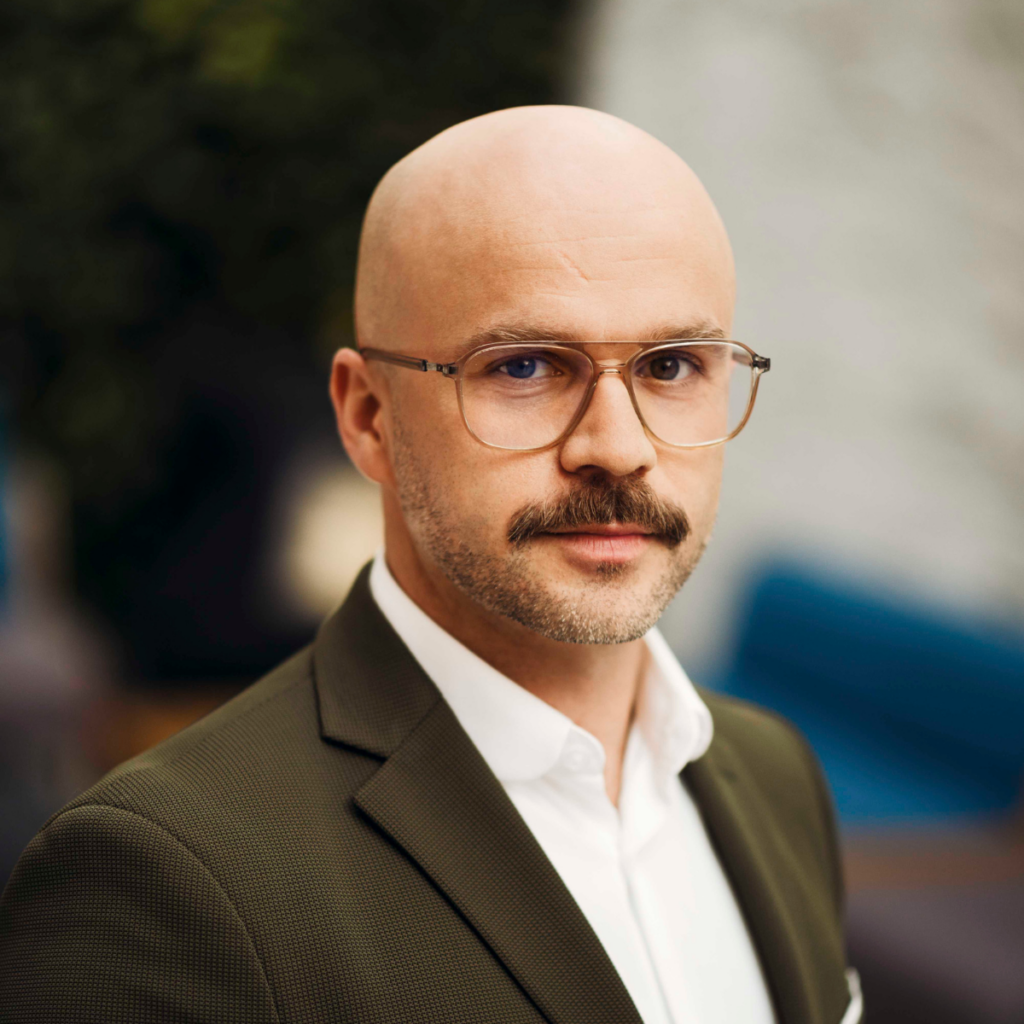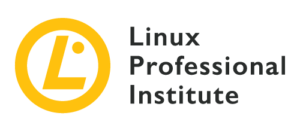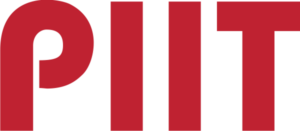
Sign up now to join OpenForum Europe and partners for the next edition of the Capital Series events, taking place in Warsaw on 11 June 2025 under the auspices of the Polish Presidency of the Council of the EU. Marking the sixth instalment of our cyclical events, Capital Series Poland will bring Brussels-level discussions of open source policy directly to Warsaw under the title “Open Source and the European Union”. This will provide a unique opportunity for the local open source community to directly engage with EU and national policymakers to better understand policies that impact the Polish market, and how Poland leverages open source to solve its political challenges. The discussions will cover digitalisation, cybersecurity, AI, skills, and digital sovereignty in the context of the Polish Presidency of the Council. Capital Series events are single-day, high-level policy gatherings dedicated to advancing open source policy priorities in alignment with the objectives of the member states holding the Presidency of the Council of the EU. The Series builds on the OFE’s annual EU Open Source Policy Summit in Brussels to further connect the dots between the EU and national policy cycles.
Where? Restaurant Belvedere Nowa Oranżeria, Agrykola 1, 00-460 Warszawa, Poland View the full gallery of photos from the event |
Also, don’t miss the European Open Source Business Association APELL’s Ideas Conference the day before, also in Warsaw.
Speakers

Emiel Brok
Open Source Ambassador, SUSE & Board Member, Dutch Open Source Business Alliance
Katarzyna Bis-Płaza
Director of the Project and Strategy Department, Polish Ministry of Digital Affairs
Michał Domański
Business & Partner Relations, Bielik.AI
Wojciech Furmankiewicz
Head of Technology Sales for CEE, Red Hat
Dr Agnieszka Jankowska
Board Member, Digital Poland Foundation
Filip Konopczyński
Head of the Analysis and Research Department, NASK & AI regulation expert, Polish Ministry of Digital Affairs
Astor Nummelin Carlberg
Executive Director, OpenForum Europe
Inez Okulska
AI (NLP) Senior Research Engineer, Politechnika Wrocławska
Krystian Olchowik
Director of the GovTech Polska Department, Polish Ministry of Digital Affairs
Kuba Piwowar
Head of SpołTech
Sebastian Raible
Director EU Government Affairs, The European Open Source Business Association - APELL
Marta Rybczynska
Founder of Ygreky
Alek Tarkowski
Director of Strategy, Open Future
Zuzanna Warso
Director of Research, Open Future
Agenda
Poland’s 2035 Digitalisation Strategy marks a significant milestone in the country’s digital transformation journey, introducing for the first time a dedicated strategy to govern and promote open source technologies. By including these considerations, the government has recognised open source as a driver of innovation, collaboration, and resilience in the digital age.
The Strategy has come at a critical time, with Poland presiding over the Council of the EU and preparing for the implementation of EU digital legislation. This panel explores the intersection of Poland’s digital ambitions, EU policy, and the evolving role of open source.
How can policymakers ensure an effective execution of Poland’s open source strategy? And what can the open source community do to navigate the legislative opportunities and challenges ahead? Join us for a critical discussion on shaping the future of open source in Poland’s digital transformation journey.
Moderator
- Lubomir Stojek, PIIT Expert & Country Manager, Red Hat Poland
Speakers
- Alek Tarkowski – Director of Strategy, Open Future
- Katarzyna Bis-Płaza – Director of Department Project and Strategy, Ministry of Digital Affairs
- Krystian Olchowik – Director of Departament GovTech Polska, Ministry of Digital Affairs
- Agnieszka Jankowska – Board Member, Foundation Digital Poland
As Poland accelerates its digital transformation, open source technologies are emerging as a powerful enabler of innovation, collaboration, and resilience across industries. From equipping the next generation with cutting-edge digital skills to fostering advancements in AI, open source has the potential to play a pivotal role in future-proofing Poland’s economy and driving sustainable growth.
This panel delves into how open source can serve as a cornerstone of Poland’s industrial and technological evolution. We’ll explore how the integration of open source solutions can address critical challenges such as upskilling the workforce, modernising the education system to align with 21st-century demands, and creating a thriving ecosystem for AI development.
Moderator
- Zuzanna Warso – Director of Research, Open Future
Speakers
- Michał Domański – Business & Partner Relations, Bielik.AI
- Filip Konopczyński – Head of the Analysis and Research Department at NASK (Scientific and Academic Computer Network – National Research Institute) and AI regulation expert at the Ministry of Digital Affairs
- Inez Okulska – AI (NLP) Senior Research Engineer, Politechnika Wrocławska
This intervention will discuss Europe’s role and responsibilities in open source sustainability and how to level-up the maintenance of the critical software our society relies on.
Speakers
- Adriana Groh – CEO, Sovereign Tech Agency
- Astor Nummelin Carlberg – Executive Director, OpenForum Europe
In an era defined by geopolitical tensions, hybrid warfare, and rapid technological advancement, ensuring national and European sovereignty in the digital space has become a critical priority. Open source technologies offer a unique pathway to enhance cybersecurity, foster digital autonomy, and strengthen resilience against emerging threats.
This panel will explore the strategic role of open source in securing Poland’s digital infrastructure and bolstering the country’s ambitions for greater sovereignty in the digital realm. We’ll discuss how open and transparent technologies can help mitigate risks in an increasingly interconnected world, empower local innovation, and align Poland with broader European efforts to reduce dependency on external technology providers.
Moderator
- Astor Nummelin Carlberg – Executive Director, OpenForum Europe
Speakers
- Marta Rybczynska – Founder, Ygreky
- Wojciech Furmankiewicz – Head of Technology Sales, Red Hat CEE
- Kuba Piwowar – Head of SpołTech, Centrum Cyfrowe Foundation
- Sebastian Raible – Director of EU Government Affairs, The European Open Source Business Association – APELL
- Emiel Brok – Open Source Ambassador, Dutch Open Source Business Association & SUSE
Where?
DZiK – Dom Zabawy i Kultury, Belwederska 44A 00-594 Mokotów, Poland





















